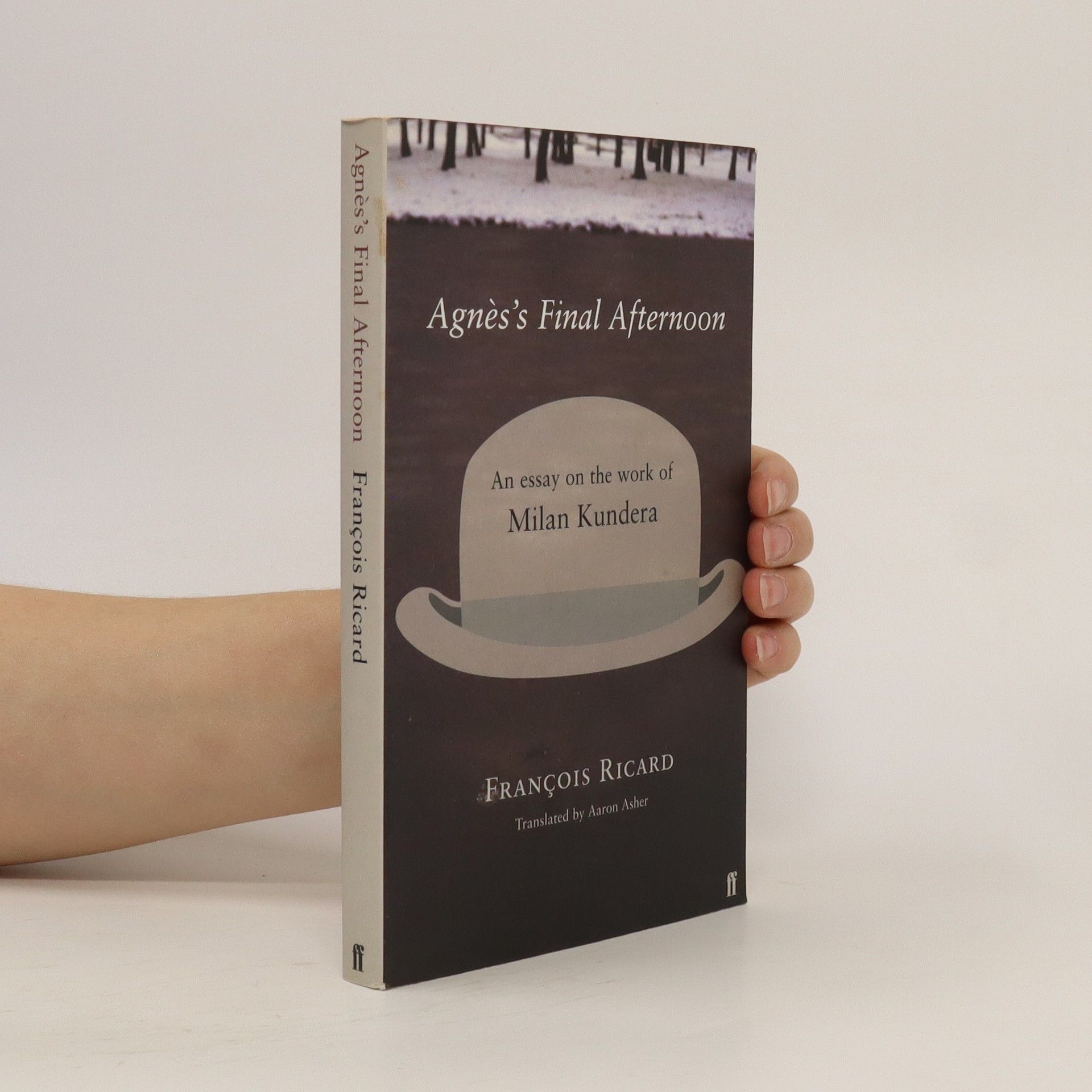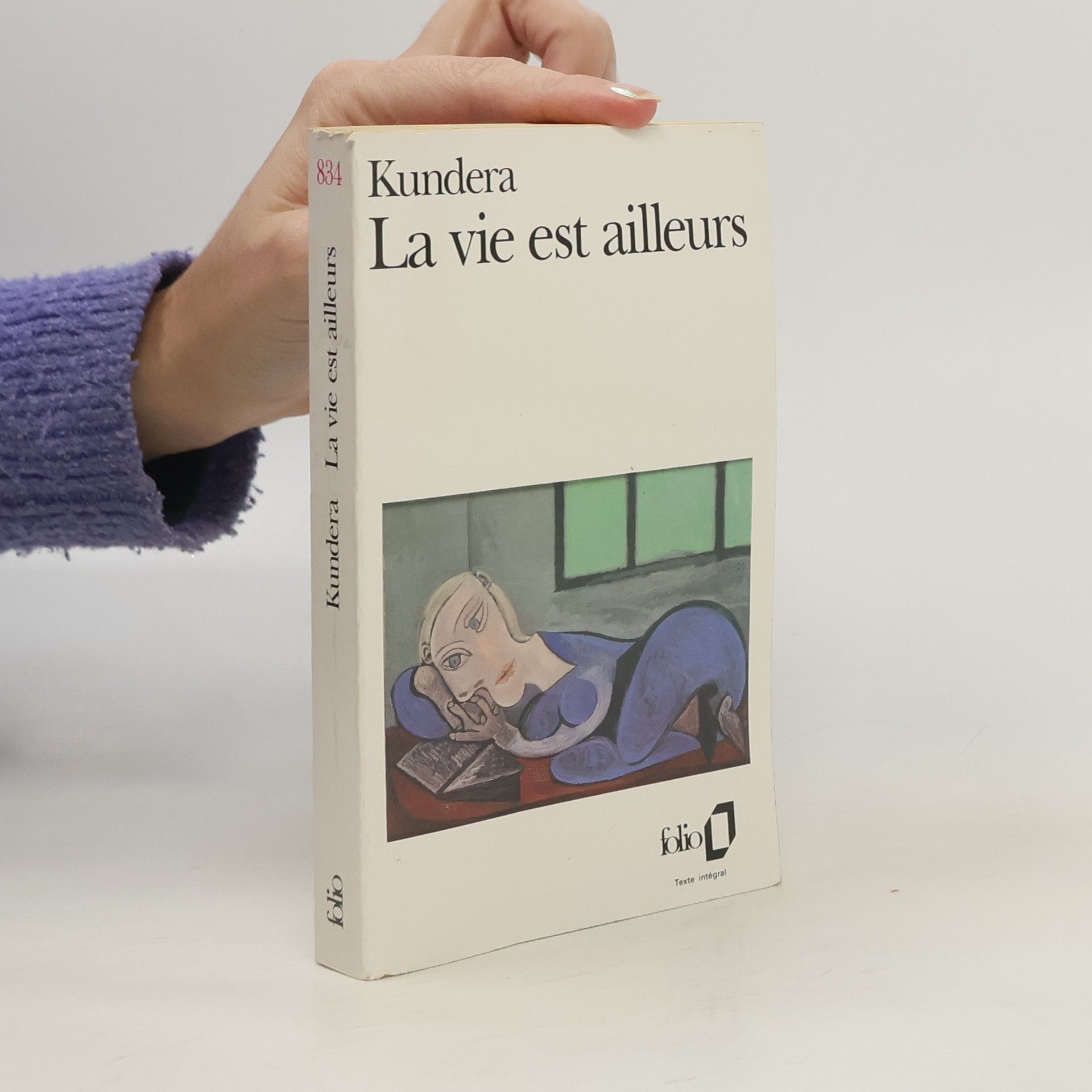La vie est ailleurs
- 472pages
- 17 heures de lecture
Second volet d'une trilogie commencée par "La plaisanterie" et qui s'achève avec "La valse des adieux". Prix Médicis étranger 1973. Le héros est une sorte de Rimbaud "materné", médiocre aussi bien dans le rôle de bourreau que de victime, pris au piège de la "révolution" communiste. Postface, p. 397-405, écrite en 1978 (Lire Kundera c'est adopter le point de vue de Satan sur toute connaissance: politique, amour, histoire, poésie). Oeuvre majeure.


